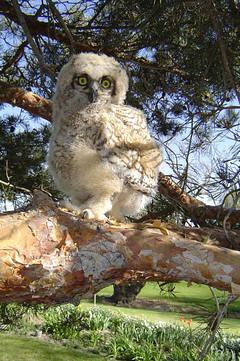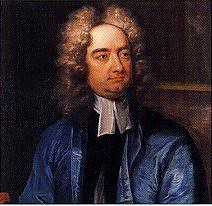Howard Schatz for The New York Times
Kevin Durant, 24, the Thunder's nice-guy superstar.
National Basketball Association scoring champions are, as a rule, weirdos and reprobates and in some cases diagnosable sociopaths. Something about dominating your opponent, publicly, more or less every day of your life, in the most visible aspect of your sport, tends to either warp your spirit or to be possible only to those whose spirits are already warped. Michael Jordan, when he wasn’t busy scoring, was busy punching a teammate in the face and gambling away small fortunes. Allen Iverson, in his spare time, recorded an aesthetically and morally terrible rap album and gave an iconic speech denigrating the very notion of practice. Kobe Bryant is and shall forever be Kobe Bryant. Wilt, Shaq, Pistol Pete, Dominique, McGrady, McAdoo, Rick Barry — it’s a near-solid roster of dysfunction: sadists, narcissists, malcontents, knuckleheads, misanthropes, womanizers, addicts and villains. While it’s true that plain old N.B.A. superstars do occasionally manage to be model citizens (cf. Tim Duncan, Grant Hill, Steve Nash), there is something irredeemable about a scoring champion.Kevin Durant, the star of the Oklahoma City Thunder, is the youngest scoring champion in N.B.A. history. At 24, he has led the league in scoring for three consecutive seasons, and all signs point to him keeping that up for the foreseeable future. It follows, then, that Durant should also be a prodigy of a head case. He should have been arrested for reckless driving at around age 9, broken his hand in a strip-club brawl at age 12 and accidentally shot his chauffeur no later than age 15.
Instead, Durant has a reputation roughly on par with Gandhi. He seems to be — not just for a scoring champion, but for anyone — almost inhumanly humble. His motto, which he intones constantly, is “Hard work beats talent when talent fails to work hard.” His pregame ritual involves kissing his mother, as does his postgame ritual. Once, in college, during probably the greatest freshman season of all time, a reporter asked Durant if he realized that he had just single-handedly outscored the entire opposing team in the second half of a game. Durant answered, with absolute sincerity, “Who, me?” When I asked the Thunder coach, Scott Brooks, to tell me about his superstar, he laughed. “Whatever you say nice, you can print it out and I’ll just say I said it,” he said. “Because it’s true.”
Durant could be forgiven for wanting to brag a little. He is currently the second-best basketball player in the world — a category in which he trails only LeBron James, who is four years older, and whose Miami Heat beat the Thunder last year in the finals. The budding rivalry between KD and LBJ (off the court they’re friends, Olympic teammates and sometimes, controversially, workout partners) is the kind of thing the N.B.A. has been fantasizing about for decades, a yin and yang as tightly balanced as any since Magic and Bird.
LeBron and Durant are, conveniently for storytelling purposes, opposites. LeBron looks like something out of a Marvel comic: a sentient pile of muscles. Durant looks like something from a Pixar movie — a humanoid praying mantis. He is 6 feet 9 inches tall and almost disturbingly skinny, with disproportionately long arms. Sportswriters, struggling to describe him, have compared him to capellini and a pterodactyl. His body looks almost like an engineering mistake, and early in his career it seemed as if it might actually be one: before the 2007 draft, there was a minor kerfuffle when it was discovered that Durant couldn’t bench-press 185 pounds, the standard predraft litmus test, even a single time. (The next pick in the draft, Al Horford, lifted it 20 times.) LeBron entered the league as a teenager and promptly knocked around all of the grown men who tried to guard him. As a 19-year-old rookie, Durant drifted around, shooting jumpers and trying to avoid contact, and still spent much of his time picking himself up off the floor. Although he won Rookie of the Year, he wasn’t particularly efficient in doing so, and his team was horrible.




 >br>
>br>









No comments:
Post a Comment